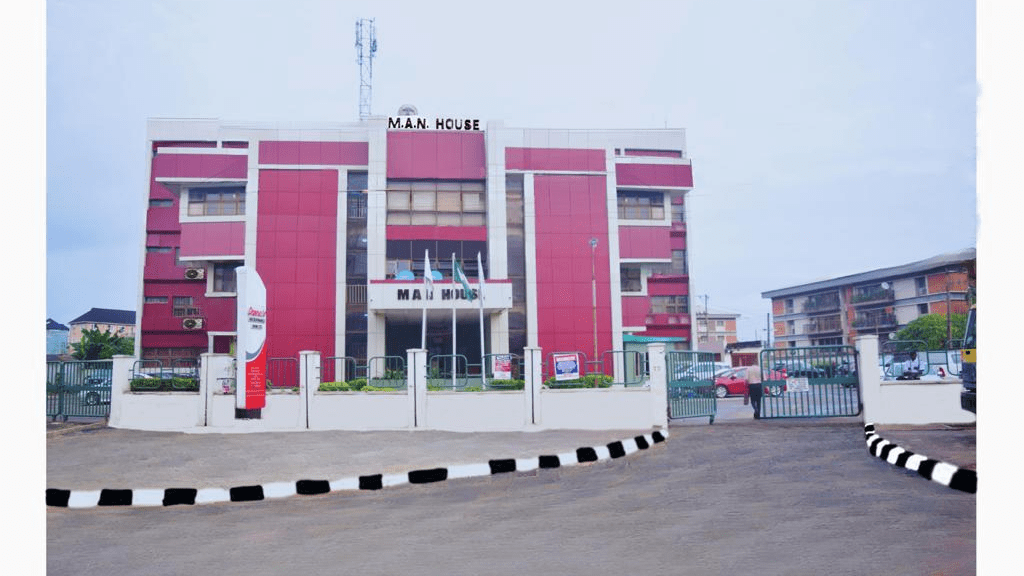By Saleh Shehu Ashaka
To the public, Malam Nuhu Ribadu emerged in the early 2000s as a mystery man: intensely focused, incorruptible, almost mythological. He was the first Executive Chairman of the Economic and Financial Crimes Commission (EFCC), and in that role, he carried the burden of a nation exhausted by impunity. But for those of us who knew him before the world fell in love with him, his zeal to build a different Nigeria wasn’t a newfound fervour. It was simply who he had always been. A man who found no allure in material things, no temptation in the trappings of power, and no justification to betray the public trust.
It therefore came as no surprise to us when the world watched, stunned, as Ribadu turned down a $15 million cash bribe from a South South State governor at that time. That act has since been memorialised as a landmark in Nigeria’s war on corruption. It was not born of grandstanding. It was the natural response of a man anchored in principle.
It’s said that strong institutions make strong nations. But in societies still wrestling with the fundamentals of governance, the journey to building those institutions often begins with the will of strong individuals. Ribadu qualifies, undoubtedly, as such a man. The EFCC he built remains, to this day, one of the most formidable anti-graft agencies not only in Africa but in the world. It was founded on more than legal authority. It was built on a creed of fearlessness, rigour, and purpose that Ribadu himself embodied.
Yet, to truly understand why Ribadu is what he is, you must know him beyond the headlines. That is a privilege I am fortunate to have. Beneath the tough-man persona is a deeply humane soul, someone who listens, who invests in people, and who carries an almost pastoral sense of duty to friends, mentees, and even casual acquaintances. He will jump into a car just to surprise you at home. He will sit with you for hours in your living room, even when the cameras are far away. And when he is not in office, as he has been at times, his residence becomes a salon of ideas, a hub of guidance, and a place where generations come to drink from the well of his experience.
In fact, the human side of Malam Nuhu Ribadu is even more spectacular than most realise. When my son was born in 2015, it was Ribadu who showed up at my doorstep as the very first visitor to welcome mother and child back from the hospital. He had no obligation to be there, no public eyes to impress—just the heart of a man who genuinely cares for those around him.
There’s another moment I will never forget: a day Ribadu had been trying frantically to reach me but couldn’t. He eventually got through to me when a friend, Nasiru El-Hikaya, happened to answer one of his persistent calls. Upon learning that I was ill and had been admitted to hospital, Ribadu didn’t hesitate. He rushed straight to my bedside, no questions asked. That singular act of empathy touched the base of my heart. It is one of those deeply personal, unpublicised gestures that define the soul of a man.
So when President Bola Ahmed Tinubu appointed him as Nigeria’s National Security Adviser in 2023, the first non-military officer to hold the position in the Fourth Republic, not many of us doubted his readiness. In a country often obsessed with brute force as a solution to insecurity, Ribadu offered something different: a career law enforcement officer with an internal security background, schooled in civil-military relations, and grounded in the doctrine that peace is a product of trust, not just firepower.
Those who raised eyebrows at his early public engagements with traditional rulers, community leaders, and state actors have since realised a simple truth. You cannot neutralise threats without engaging the people. You cannot foster peace by ignoring the voices of those who live in its absence. Ribadu understands that security is a shared burden, and that institutions must be accessible for the citizenry to trust them.
And in just one year, the results have been nothing short of transformational. Under his leadership, Nigeria’s security architecture has evolved into a more strategic, intelligence-led, and reform-driven model. Over 4,600 hostages have been rescued. More than 9,000 terrorists and bandits have been neutralised. Over 7,000 suspects have been arrested in operations guided by actionable intelligence, inter-agency collaboration, and a vision for sustainable peace.
Ribadu revitalised the National Counterterrorism Center, restructured inter-agency cooperation, and brokered cross-border engagements to ensure regional stability. He hosted counterterrorism summits, catalysed international partnerships, and built security bridges across West Africa and beyond. He redefined the role of the National Security Adviser from that of a silent observer to an active architect of peace.
And even in tackling terrorism financing, a threat often overlooked, he applied the same doggedness that once defined his anti-graft crusade. His partnership with institutions like the UNDP and the German Embassy has driven police reform, disrupted illicit financing networks, and restored credibility to Nigeria’s commitment to global counterterrorism norms.
Yet, for all this, Ribadu remains strikingly humble. The Office of the National Security Adviser is one of the few places in Abuja where you will find no portrait of its current occupant. No gilded frames. No flattering photographs. Not even in his own office. Ribadu does not care for showmanship. His office is not a stage, and his work is not a performance. He came to serve, not to be seen.
It is easy, sometimes, for the public to forget the faces behind our security. It is easy to overlook the courage it takes to sit in the heart of the storm, to absorb daily the weight of the nation’s anxieties, and to act with the precision that only experience and integrity can guarantee. But today, I am compelled to remind us all that Nuhu Ribadu is both a revelation and a revolution. In a nation in desperate need of a roadmap, he is one of the few prepared to draw the lines and walk the path.
*Ashaka is a media practitioner, and writes from Abuja


